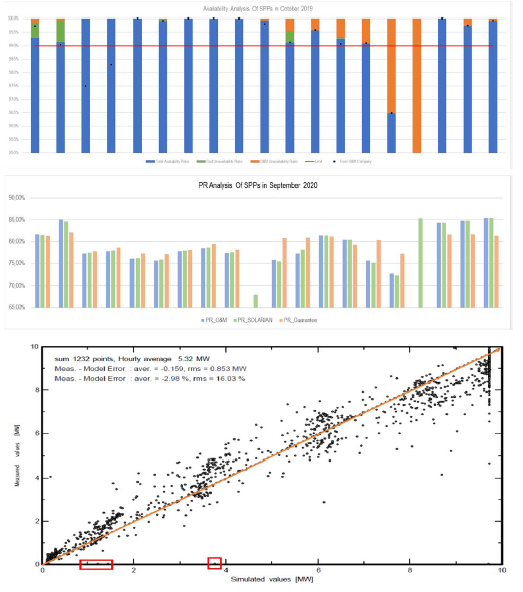When it comes to engineering services in solar power plants, project drawing or field application may come to mind, but solar engineering services are a long process that includes the design, construction and subsequent management of the plant during the operation phase.
If we briefly talk about how this process progresses;
1. System Design / Feasibility / Preliminary Analysis
First, the layout of the photovoltaic system needs to be planned.
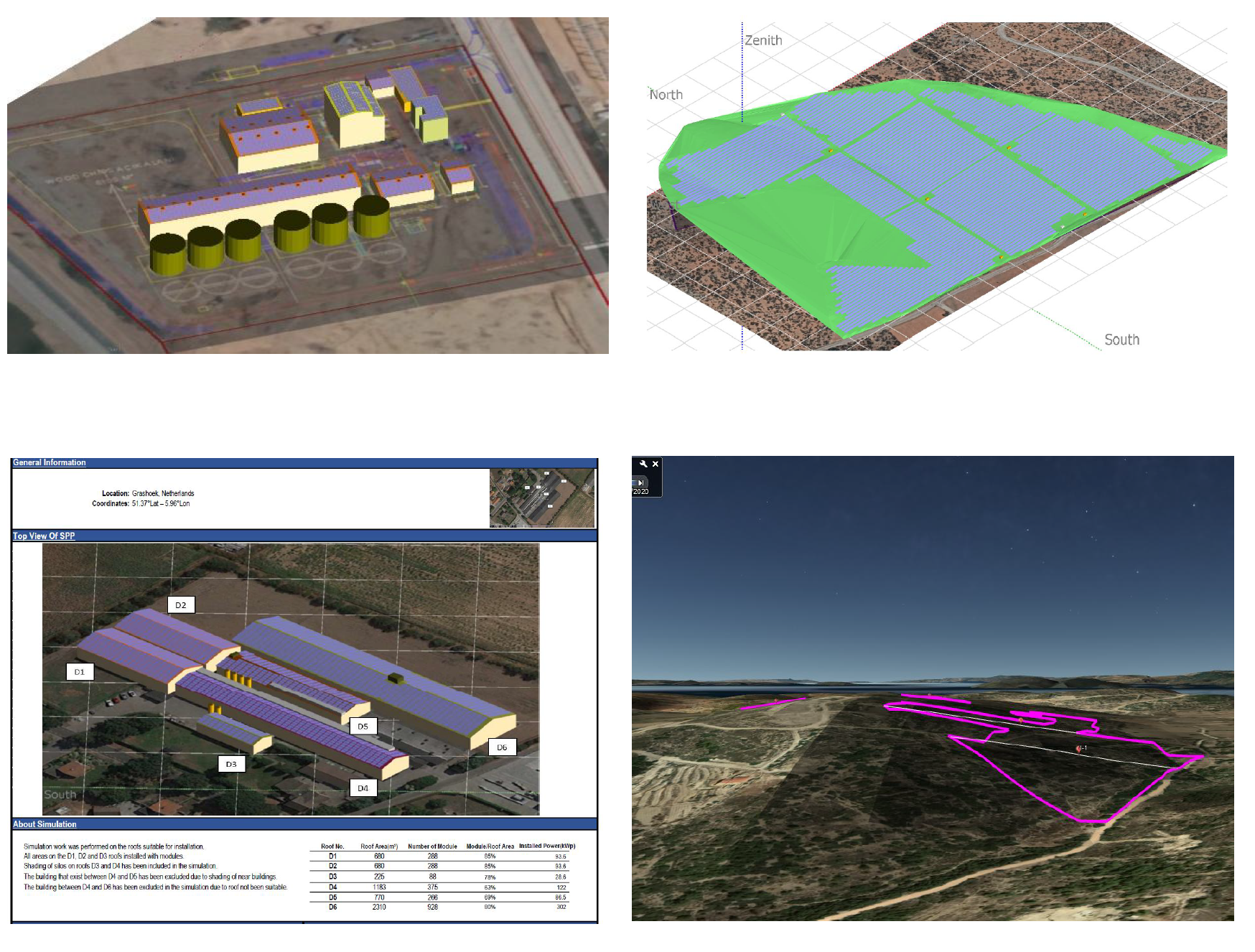
At this stage, the suitability of the roof or ground is analyzed and shading is analyzed. As the angle of the sun changes regularly, shading will be different on each day of the year.
Example June 21st:
Example December 21st:
This shading analysis is performed repeatedly with different inverter and panel technologies to determine the optimum design and the most optimum working technology. At this stage, solar panels such as bifacial, monoperc, poly, thin-film are used, while different inverters such as optimizer, string, central are tried one by one for each project. You can access the detailed ges feasibility studies we have done at this stage by clicking here.
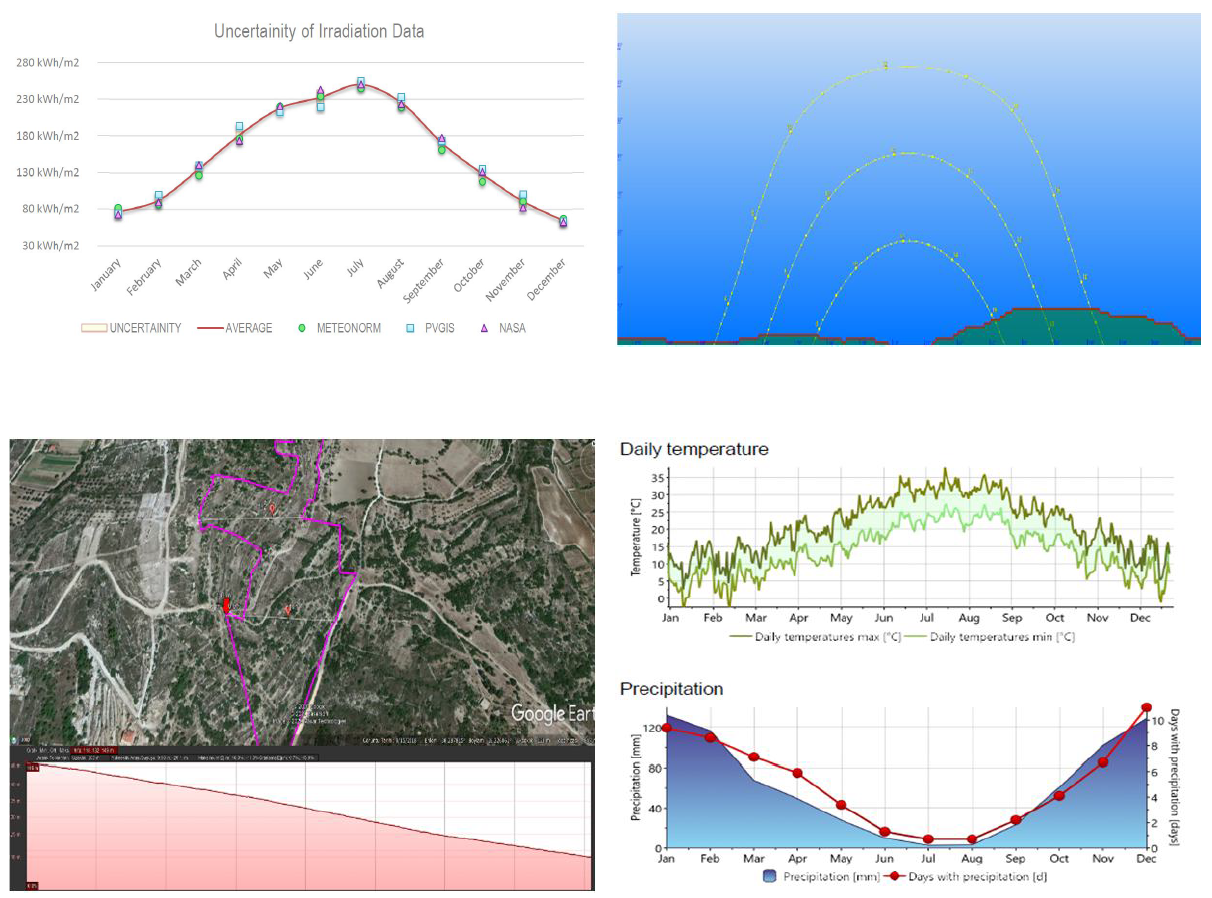
Meteorological uncertainties, which form the basis of production analysis in field layout, are determined and processed into production sensitivities.
Many parameters such as slopes with technology, excavation if necessary, total installed power, panel angle, tracker settings are calculated and these calculations are processed into financial feasibility (ges investment feasibility). This equation is solved repeatedly to find the most optimum feasibility of solar power plant investment.
At this stage, production calculations are made using PVSYST software. People who want to learn the PVSYST program can go to this resource in English and this resource in Turkish and watch Youtube videos. Financial feasibility is completed using Excel and sensitivity analysis is presented.
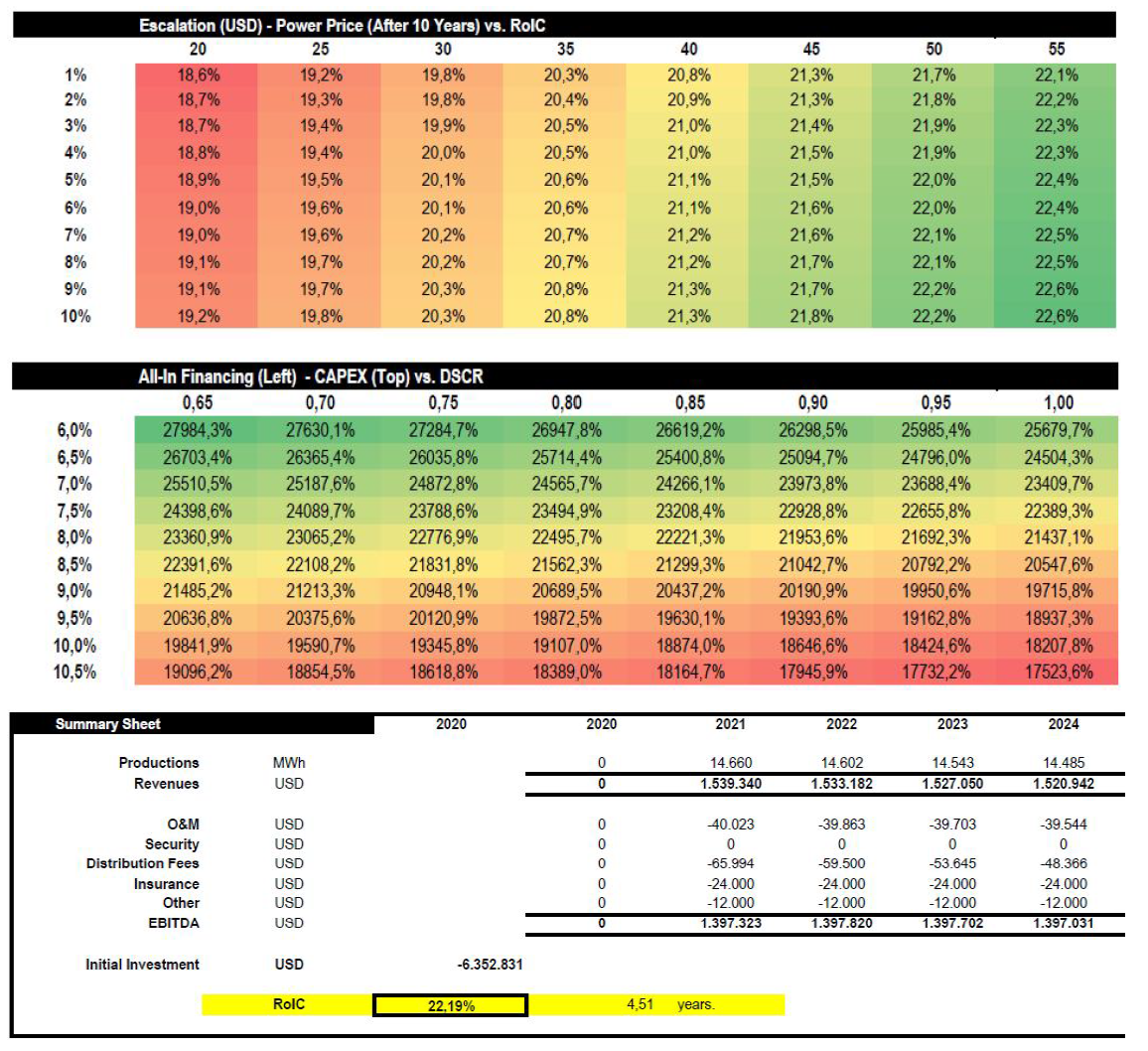
Once the technology selection is completed and the project is fully simulated in PVSYST and its feasibility is realized, a long-term SPP generation forecast and performance calculation is made. Thus, how much the production will decrease in which year is determined from the very beginning of the project through PVSYST. Since the degradation calculations calculated linearly by hand do not take into account the loss of mismatch in future years, they will start to give erroneous results after the fifth year.
When this process is completed, all the details of the project, return, costs, expected productions related to the ges project are determined. The investment decision is finalized at this stage.
2 – Construction Phase
The second stage of engineering and consultancy services in solar power plants includes the processes related to the construction period.
The projects and products submitted at this stage are checked against both the specifications and the relevant IEC standards, and conformity is confirmed. After the approval of all projects, implementation starts on site.
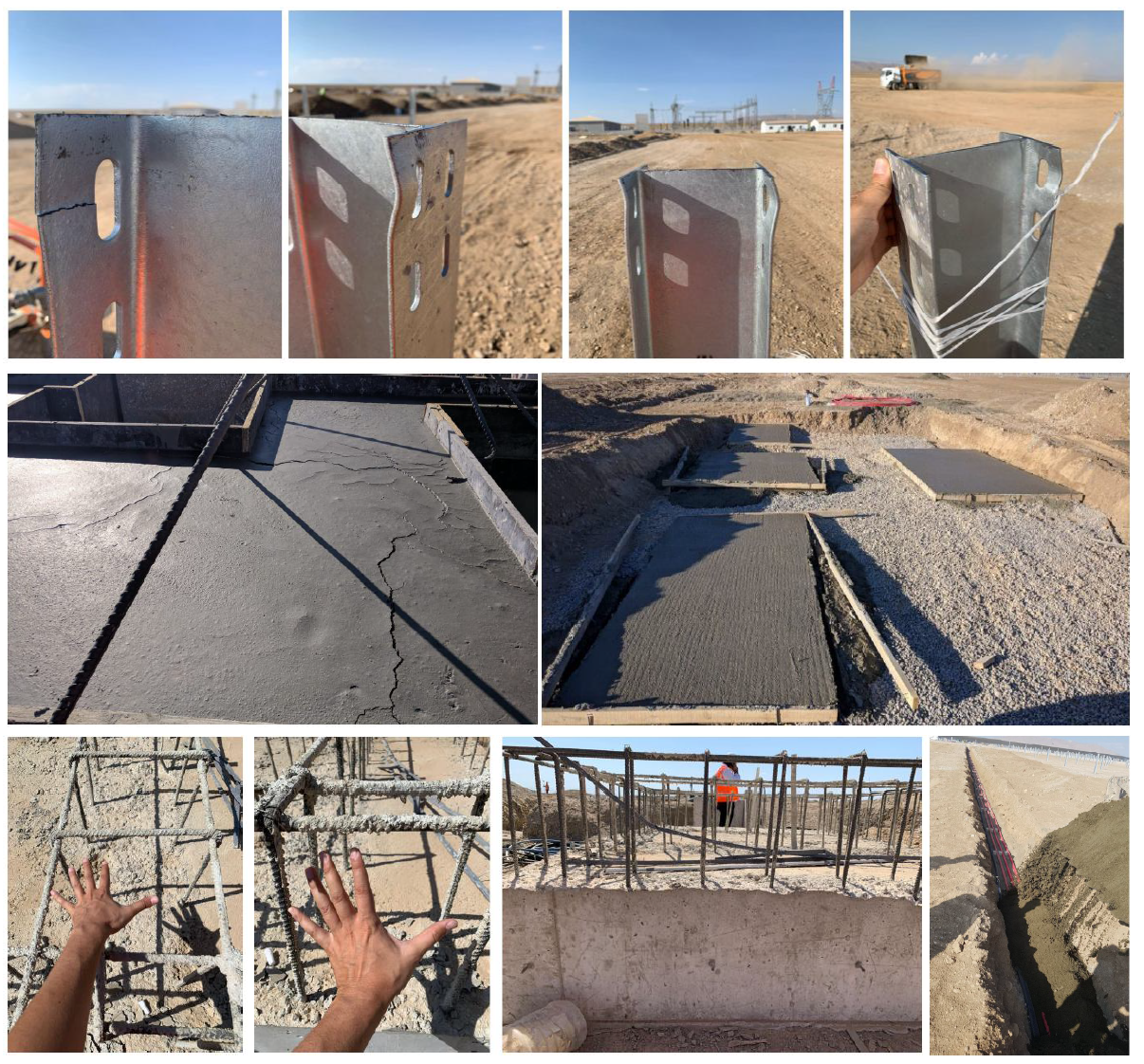
With the start of the field processes, the part we call employer engineering in solar power plants in the field begins. The personnel in the field regularly inspect the productions. All activities are reported daily and weekly. Regular meetings are held with the contractor to reduce the occurrence of problems.
At this stage, our biggest goal is to prevent irreversible problems with our experience and knowledge.
Accredited IEC62446 acceptance tests begin when the plant is completed.
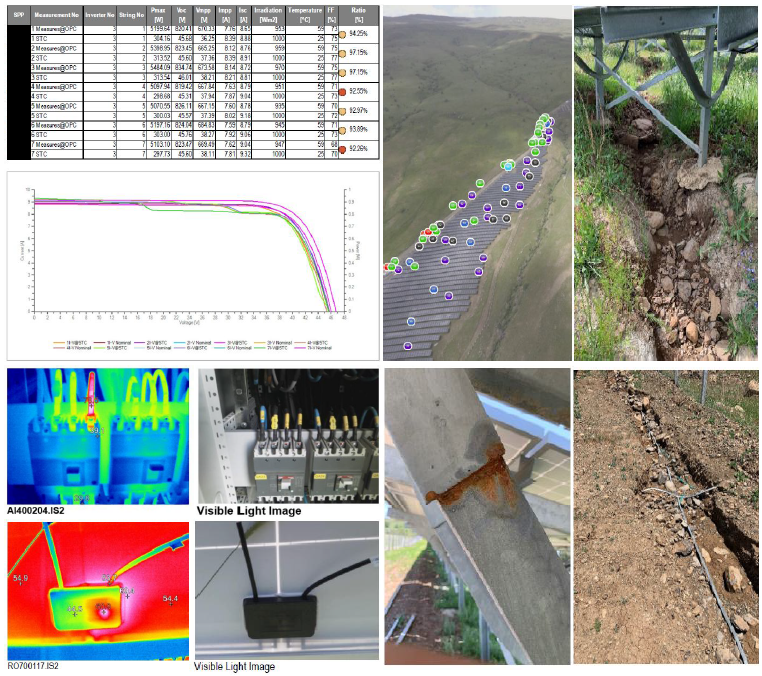
At this stage, the performance of the solar panels is inspected and examined for thermal faults. The site is reviewed in general and any improvements that can be made are realized. When the tests are completed, an accredited report is submitted by the accredited ges audit company within the scope of IEC62446. These reports can be considered as the acceptance criteria of photovoltaic modules and the system. With this report, the construction phase is completed and the operation phase begins.
You can click here for more detailed information about acceptance tests according to IEC62446 standard.
3 – Operation Period / PR Verification / Periodic Tests
In this section, the performance of the products and system after the construction period is regularly inspected according to IEC61724 standard.
At this stage, we work together with the remote monitoring system and the radiation/production/temperature data from the system is uploaded to the verification software. This software compares the actual and simulated values for the relevant time zone and tells us whether the system is operating at optimum performance or not. Thus, we have information about whether the system is working efficiently or not and detailed analyzes are carried out in the system within this information. The performance of solar energy systems is calculated with IEC61724.
Along withPR verification integration, alarm system integration is also realized. With the installed system, PR is regularly checked in the background and when there is a problem, a message is sent to the relevant Telegram group.
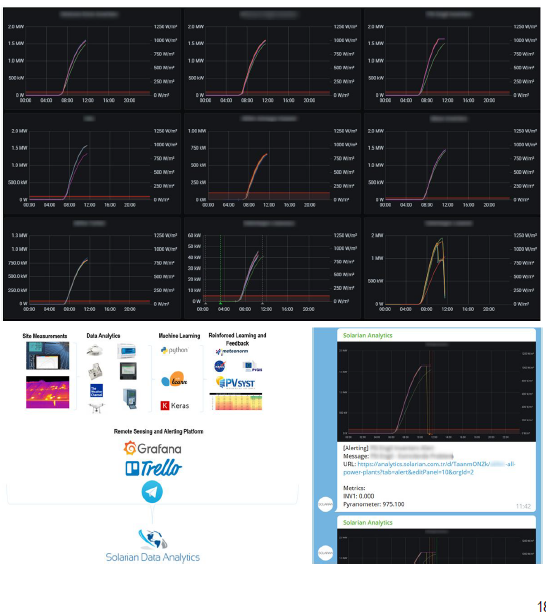
This way, the performance of the system can continue to be checked on a regular basis. If you would like to learn more about precision PR calculation, please click here.
You can contact us via the contact form for solar energy engineering services.
